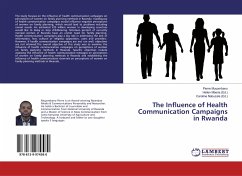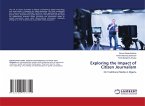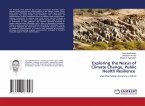Malaria disease infects 350-500 million people globally, killing over 1 million each year. African countries are the worst hit, accounting for about 90% of the global deaths, with Nigeria representing one quarter of the continent s burden. Pregnant women and Children under the age of five are the most vulnerable group. Over the past few decades, global interest in malaria has increased significantly and one of such is the Roll Back Malaria (RBM) Initiative, a global alliance to fight malaria. The major goal of the RBM is to reduce malaria scourge by half, and one of its four major strategies to realize this goal, is to get 80% of pregnant women and children under five to sleep under Insecticide Treated Net(ITN) daily, by 2013. Several reports indicate that while some African countries have made significant gains, Nigeria is lagging behind. Using the Communication for Social Change(CFSC) theory as the framework for analysis, this study investigated the responses of pregnant women in rural and urban Lagos State, Nigeria, to communication messages on the adoption of ITN, and the extent to which social contexts influenced these responses. Results contradict those of the earlier studies
Bitte wählen Sie Ihr Anliegen aus.
Rechnungen
Retourenschein anfordern
Bestellstatus
Storno








